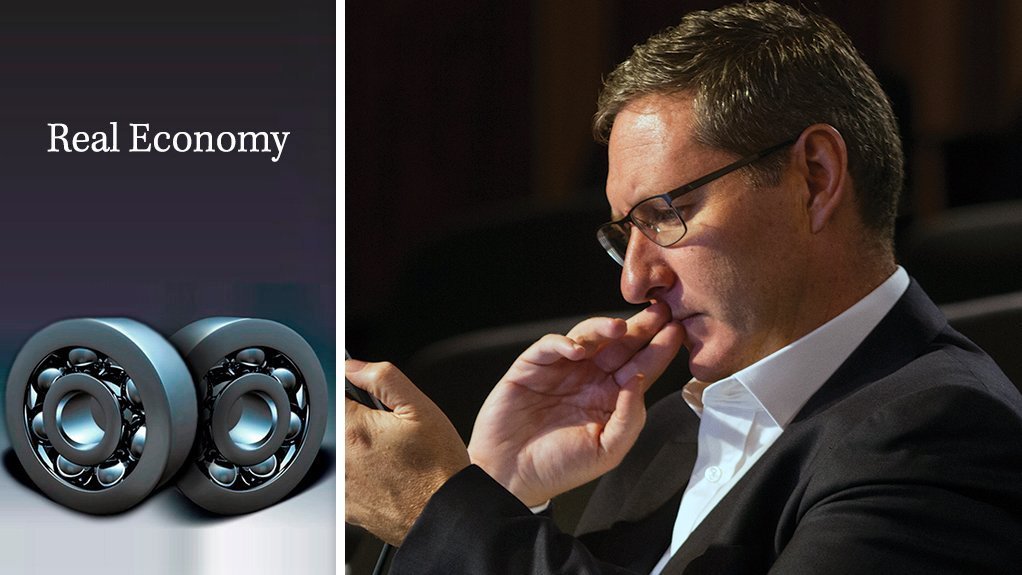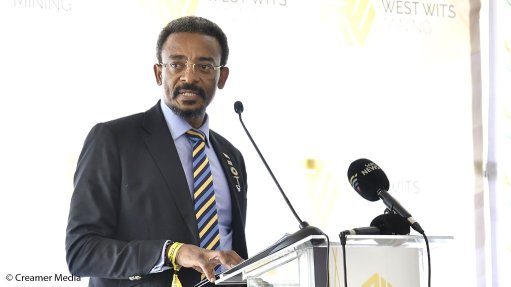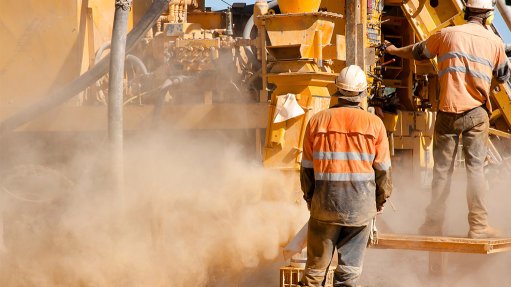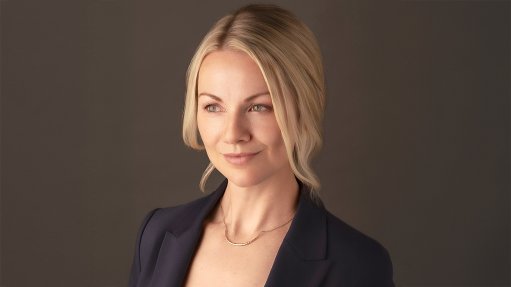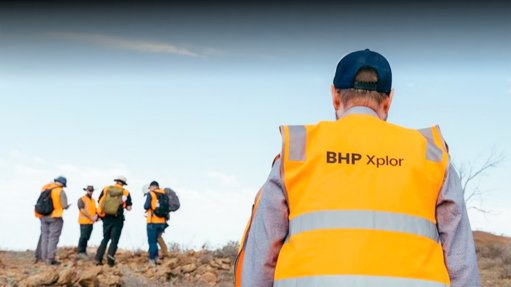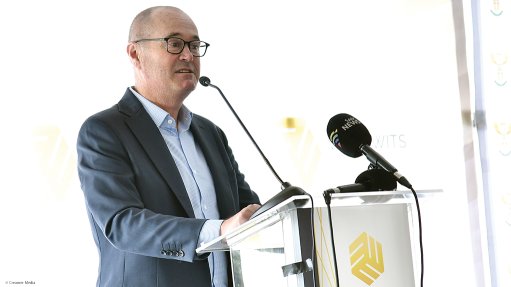VAR and the IRP
If you watch international football, you will be acutely aware that one of the hottest topics of conversations these days is ‘VAR’, or the video assistant referee. Never does a weekend go by without enough cyber and real ink being spilled over VAR-related decisions to fill a pint-sized glass to overflowing for every football lover across the globe.
Once the emotion has subsided and arguments are distilled, however, the inevitable conclusion is that the introduction of VAR is most definitely a positive development and any move to turn back the football clock would be regressive. Without question, VAR is ensuring that penalties are given when they are deserved and that footballers are, at last, hesitating before ‘diving’ for fear of retribution. Goals are disallowed when an infringement has occurred, be it a foul, a handball, or when a player drifts offside, even marginally so.
The issue many fans have with VAR is, thus, not really about the solution itself, which is arguably one of the most visible fourth- industrial-revolution innovations around. Interestingly, it is also a solution that blends human insight and intelligence with machine precision in a way that has created rather than destroyed jobs.
The problems relate, firstly, to the time taken to reach critical goal/ no goal determinations, which is interfering with celebrations, and secondly, to some of the underlying rules that the VAR officials are forced to implement. The most notorious of these is, undoubtedly, the new handball rule.
Likewise, much of the recent unhappiness with the Integrated Resource Plan (IRP) has far more to do with the procedural delays and the surrounding political framework than it has to do with the solution itself. While this unhappiness will no doubt subside in light of the progress made to finally approve the plan, it is nevertheless worth restating the underlying value of the IRP, lest South Africans become frustrated with it again in future.
Helpfully, Professor Anton Eberhard recently provided a refresher on what the IRP is and is not. In a series of tweets, he acknowledges that political-economy factors will always play some role in shaping electricity planning and investments. However, he notes the objective function of IRP electricity planning models is to arrive at the least-cost supply mix to meet a defined reliability standard. Additional boundary conditions can then be set for meeting other conditions such as minimal environmental standards or the maximisation of local manufacturing and job creation.
In other words, the IRP, if done properly, offers invaluable insight into what is required to reliably meet demand for every hour in a year and what it will cost to do so using the latest available technology- costs and demand assumptions. If done properly and regularly, the IRP provides a technoeconomic reality check – one that can help expose when vested interests are merely talking their book.
As with VAR, any attempt at moving away from the IRP model would be regressive. That is not to say that the drafting process cannot be significantly improved and materially accelerated – the fact that it took a year to approve a document that contains assumptions assembled a year prior to that is far from ideal. To extract full value for the IRP, South Africa desperately needs to get into a routine of yearly updates.
Article Enquiry
Email Article
Save Article
Feedback
To advertise email advertising@creamermedia.co.za or click here
Press Office
Announcements
What's On
Subscribe to improve your user experience...
Option 1 (equivalent of R125 a month):
Receive a weekly copy of Creamer Media's Engineering News & Mining Weekly magazine
(print copy for those in South Africa and e-magazine for those outside of South Africa)
Receive daily email newsletters
Access to full search results
Access archive of magazine back copies
Access to Projects in Progress
Access to ONE Research Report of your choice in PDF format
Option 2 (equivalent of R375 a month):
All benefits from Option 1
PLUS
Access to Creamer Media's Research Channel Africa for ALL Research Reports, in PDF format, on various industrial and mining sectors
including Electricity; Water; Energy Transition; Hydrogen; Roads, Rail and Ports; Coal; Gold; Platinum; Battery Metals; etc.
Already a subscriber?
Forgotten your password?
Receive weekly copy of Creamer Media's Engineering News & Mining Weekly magazine (print copy for those in South Africa and e-magazine for those outside of South Africa)
➕
Recieve daily email newsletters
➕
Access to full search results
➕
Access archive of magazine back copies
➕
Access to Projects in Progress
➕
Access to ONE Research Report of your choice in PDF format
RESEARCH CHANNEL AFRICA
R4500 (equivalent of R375 a month)
SUBSCRIBEAll benefits from Option 1
➕
Access to Creamer Media's Research Channel Africa for ALL Research Reports on various industrial and mining sectors, in PDF format, including on:
Electricity
➕
Water
➕
Energy Transition
➕
Hydrogen
➕
Roads, Rail and Ports
➕
Coal
➕
Gold
➕
Platinum
➕
Battery Metals
➕
etc.
Receive all benefits from Option 1 or Option 2 delivered to numerous people at your company
➕
Multiple User names and Passwords for simultaneous log-ins
➕
Intranet integration access to all in your organisation



